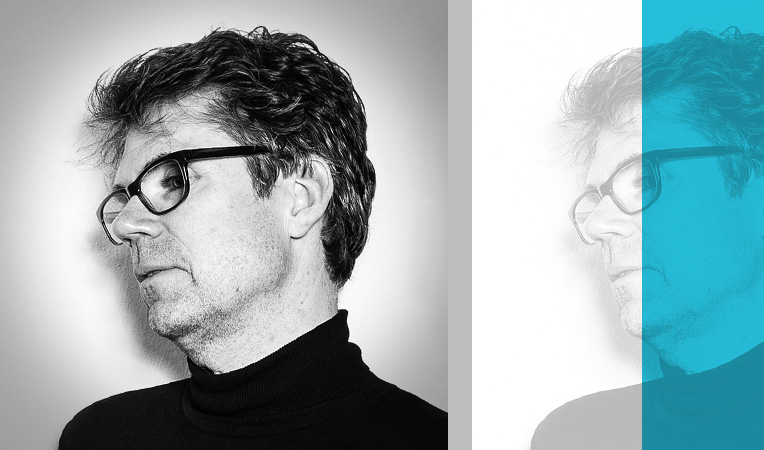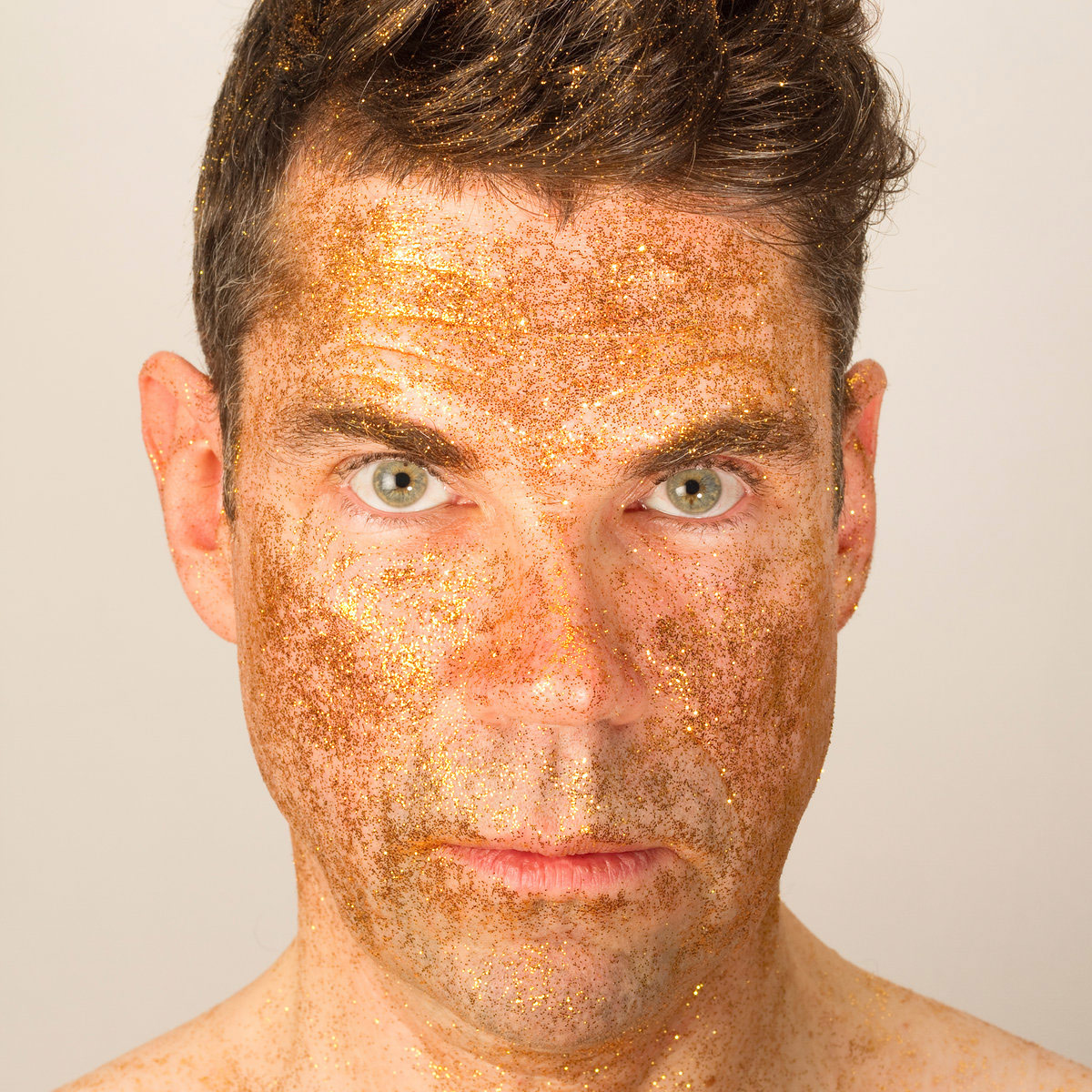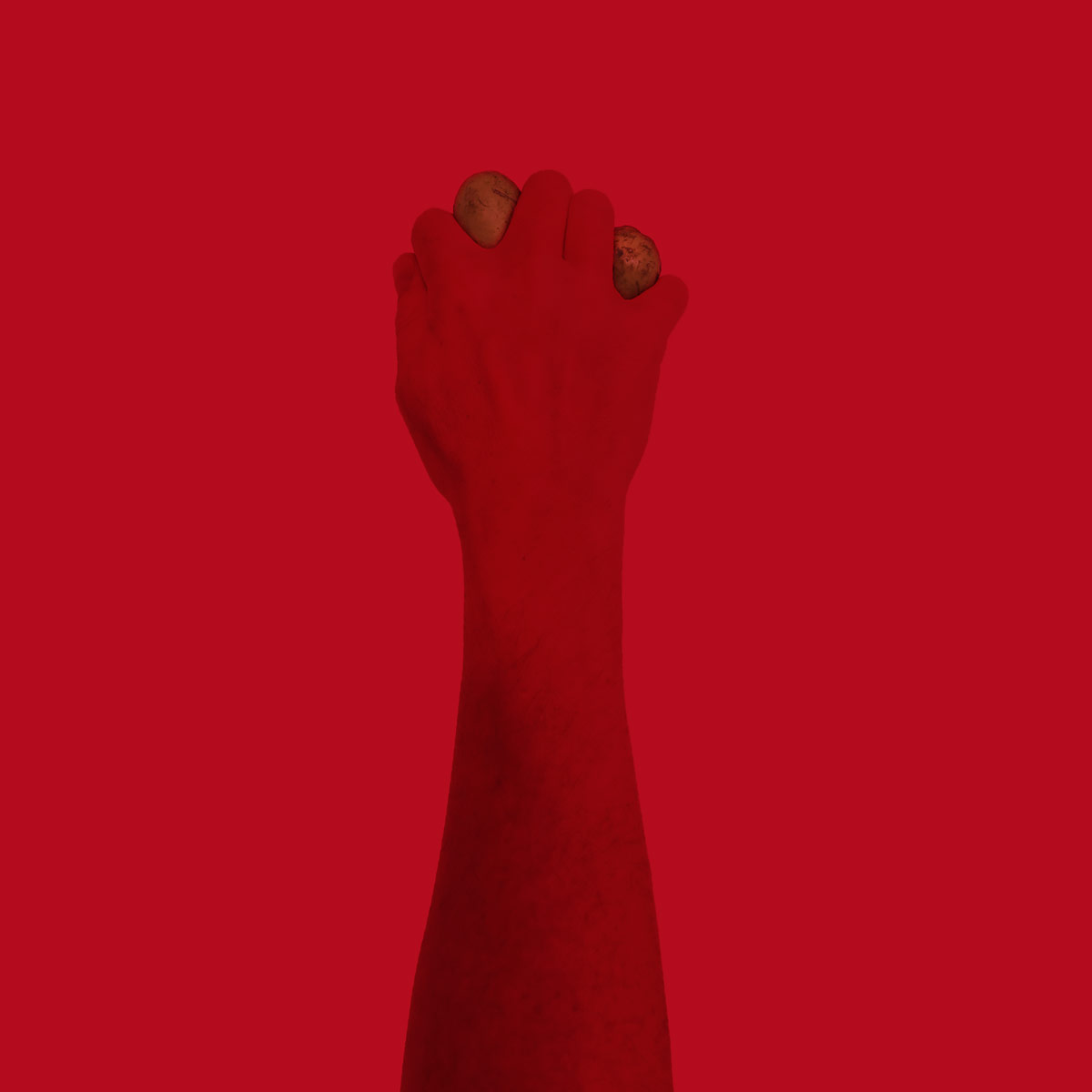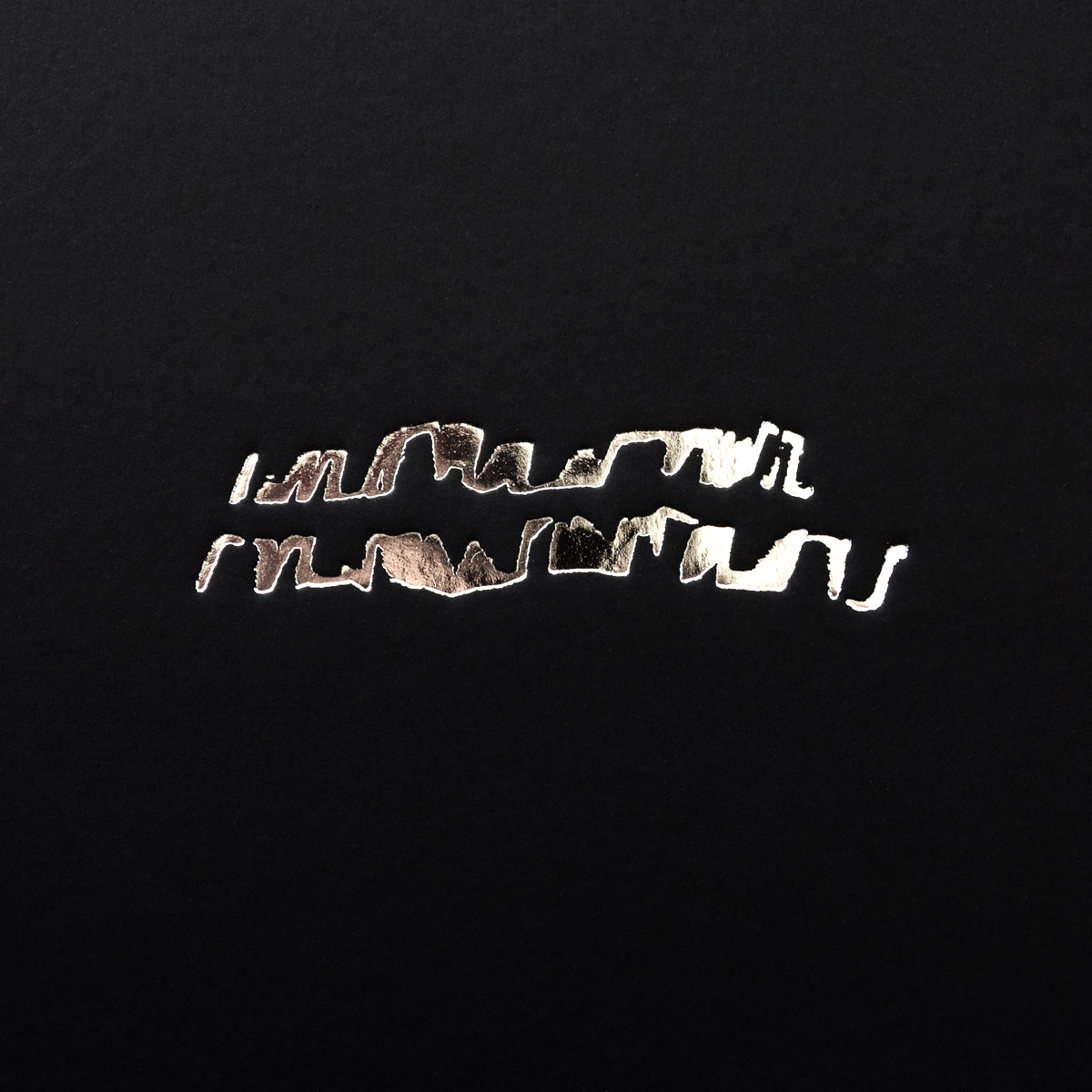
Marc Behrens
The politics of sound
PHOTO COURTESY OF FLORIAN GEIGER
Sound embracing context
Born in Darmstadt, Germany, in 1970. Marc Behrens works with electronic and concrete music, installation, performance, photography, text, and video. He exhibited artworks or performed in many European countries, in South Africa, Chile, the USA, Japan, China, Taiwan, Malaysia, Australia, Israel, and Palestine.
Since 1989 Behrens has released more than 30 music albums. Besides field recording-based radio works like «Bushdesertrainforest» (2009) for WDR 3 or hr2-kultur, Behrens composed the German-language radio drama «Progress» for Deutschlandradio Kultur in 2013, in which rituals serve to connect the artist’s family history with technical and political developments. In 2014, Atom™ and Marc Behrens released the Album «Bauteile» on Editions Mego, a mind-fuck mix of diverse music styles. In 2016–2017 Behrens wrote short stories for Colönia (Portugal), Wrong Wrong (Portugal) and Fylkingen #Tongues_ magazine (Sweden).
Sonography
Notable Electronic Works and Recordings

Breaking the Elephant’s Legs

Mut Att Narc Imm

Irregular Characters
2020 Breaking the Elephant’s Legs – 12″ (Entr’acte, Belgium/Stellage, Russia), digital (Availabel)
2018 Mut Att Narc Imm – CD (Auf Abwegen, Germany)
2016 The Aesthetics of Censorship – digital (Availabel)
2015 The Religion of Toxins – digital (Availabel)
2014 Recurrent – digital (Impulsive Habitat)
2014 Bauteile, with Atom™ – CD/digital (Editions Mego, Austria)
2013 Queendom Maybe Rise – CD/digital (Crónica, Portugal)
2013 Irregular Characters – CD/booklet (Serralves/Soopa, Portugal)
2012 Unit/Cutting Qinghai – CD/book (and/OAR, USA)
2012 Final Final Ballet – 12″/digital (Entr’acte, U.K.)
2011 Apparatus – CDR (ΑΓΧΙΒΑΤΕΙΝ, Greece)
2011 20 Zonen – CD (Auf Abwegen, Germany)
2009 Sleppet – CD/digital (Crónica, Portugal)
2009 A Narrow-Angle – CD (Entr’acte/U.K.)
2009 Compilation Works 1996–2005 – digital (Crónica)
2007 Architectural Commentaries 4&5 – CD (Entr’acte, U.K.)
2007 Entity Mülheim – double DVD (Auf Abwegen, Germany)
2006 Hades, with Paulo Raposo – CD (and/OAR, USA)
2005 Kosovski Rekvijem-Requiem i Kosovës-Kosovo Requiem – 3″CDR (Oblast, USA)
2005 Plastic Metal, with Nikolaus Heyduck – double CD (Antifrost, Greece)
2004 Further Consequences Of Reinterpretation, with Paulo Raposo – CD (Crónica, Portugal)
2004 Animistic (for Donatella) – CD (Auf Abwegen, Germany)
2004 A Szellem Álma, with Francisco López – double CD (.absolute.[koblenz], Germany)
2003 Security vs. Freedom – double 3″CD (edition…, USA)
2002 Architectural Commentaries – CD (CMR, New Zealand)
2001 Elapsed Time – CD (intransitive, USA)
2001 Transition – double 3″CD (edition…, USA)
2001 Integração – CD (Sirr, Portugal)
1999 Contraction – CD (Digital Narcis, Japan)
1998 Final Ballet – CD (Rastermusic/Noton, Germany)
1995 Advanced Environmental Control – CD (trente oiseaux, Germany)
1990 The Housewife – cassette (Animal Art, Germany)
1990 Entomo – cassette (Animal Art, Germany)
1990 Virgo – cassette (Animal Art, Germany)
Personal Expressionism
Video and Mixed Media
Marc Behrens Virtual Interview
Who is your favorite classical composer? Do you have one?
Until I was 11 years old, I only listened to Western classical music, not centered on any composer. I couldn’t stand other types of music. Later, I couldn’t stand Western classical music anymore. I got physically sick from especially Mozart! It was also a question of wanting to revolt against older generations. Strawinsky was the oldest Western classical music I could stand. But I was always interested in Sub-Saharan classical music, for example. Or East-Asian classical music from people living in the jungle, for example. For very few years I do sometimes listen to Western classical piano music when I work in my so-called day job. It gives positive calm energy, but it has to be the late 19th century, not older. I functionalize it.
Funny enough, some time ago a meeting about culture politics was scheduled in Frankfurt regarding classical music composers’ and instrumentalists’ needs and wishes. I did not feel invited. But to my astonishment, I received a message later that I had been included under the genre (?) classical music. Classical without knowing it? There were only two categories: classical and jazz/club/pop. Pardon the anecdote.
When did you start composing electronic music?
Around the time I finished high school.
How did you hear about the 9 Beet Stretch?
I was invited to this project. I can’t recall for sure if I had read about it before, but possibly I had.
The world is upside down, how does living in the shade of COVID has impacted your creative work?
I live under the shade of climate change, of right-wing populist politics, of racism, of capitalist greed, of the extinction of species, of biopolitics, of malicious narcissists, of ignorants, of rapists, of war, of misinformation, of multinational companies dominating our lifestyles, of frustrated people inventing alternative realities in order to control others because they cannot cope with the situations around themselves. And I am still creative!
What projects are you currently working on?
Two theatre pieces, a series of masks, a book, and a radio piece with and because of dream diaries. I have just completed a two-volume catalog of my artworks.
Should electronic music be purely academic (MUST an Electronic music artist be formally trained in music?)
I consider this question obsolete. Look at electronic music practice around the world.
In your opinion, what is the merit of improvisation and experimentation?
Getting to know yourself and others. Experience freedom.
What do you think as an artist about the juxtaposition/fusion of classical and electronic music?
If you are interested in music, or if you are practicing music, the history of music from where you live, and hopefully also other music histories permeate what you are doing. They also permeate mobile phone ringtones, language, and literature, maybe also your dreams. In my practice as an artist I fuse whatever I consider necessary for the artworks. However, a fusion of medicine and music would be more interesting to me than a fusion of genres or epochs within the field of music alone. The group “Rondo Veneziano” is a good example of fusing Western classical pre-20th century with pop/rock music, by the way, but…?
How do you envision the future of electronic music?
Complex.